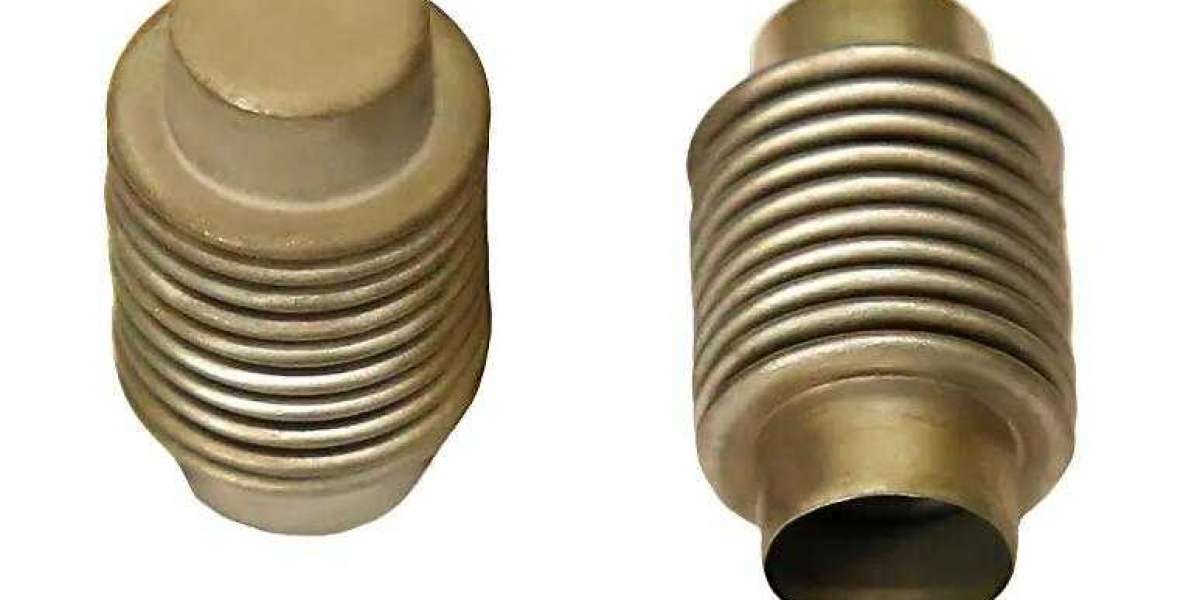Copper bellows are flexible components used in various industrial applications, where their ability to absorb thermal expansion, vibration, and pressure changes is essential. Made from copper, these bellows offer excellent corrosion resistance, electrical conductivity, and thermal conductivity, making them suitable for a wide range of uses, including in HVAC systems, aerospace, and power generation equipment.
The manufacturing process of copper bellows involves precision forming techniques, such as deep drawing or hydroforming, to create a series of convolutions that allow the bellow to flex and compress. The design of the bellows is critical in ensuring they can withstand the required operating conditions without fatigue or failure. The number of convolutions, wall thickness, and overall dimensions are tailored to meet specific performance criteria.
Copper bellows are often used in environments where exposure to corrosive substances or extreme temperatures is common. Their ability to maintain structural integrity under these conditions makes them a reliable choice for sealing applications, compensating for misalignments, and accommodating movement in piping systems. Additionally, the natural properties of copper allow these bellows to be easily brazed or soldered, facilitating their integration into various assemblies.







